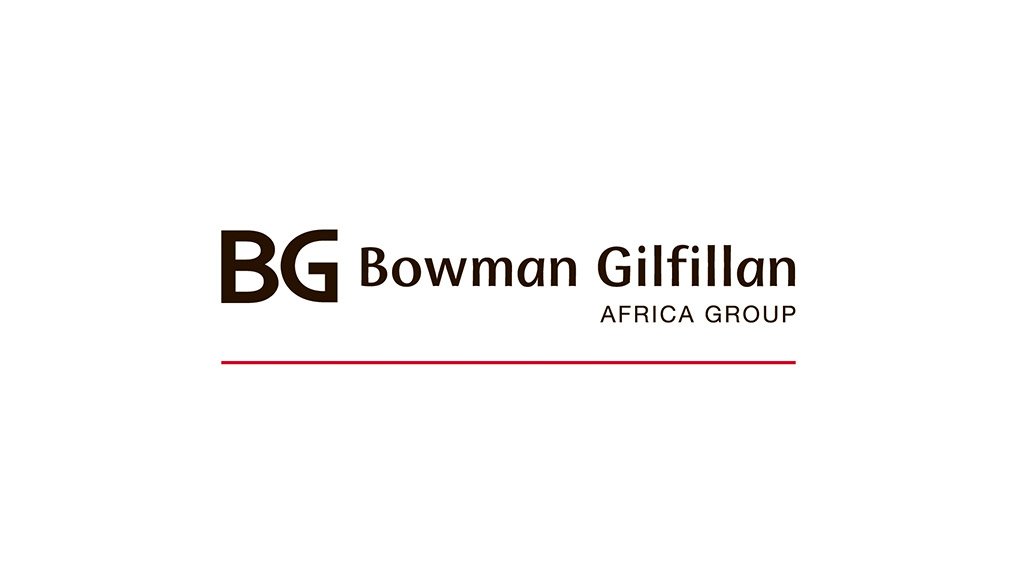Competition lawyers have welcomed the publishing of draft guidelines by the Competition Commission for the Determination of Administrative Penalties as an effort to enhance transparency and establish a credible and consistent approach to determining administrative penalties.
“The Competition Commission is to be commended for developing the guidelines and seeking public input thereon. Interested parties have until noon on 16 February 2015 to submit written comments and input on the draft guidelines,” said Rudolph Labuschagne, a Partner in pan-African corporate law firm Bowman Gilfillan’s competition practice.
“The guidelines set out the Commission’s six-step methodology for determining the administrative penalty that a firm will be liable to pay for contravening the relevant sections of the Competition Act and are based on case law established by the Competition Tribunal and the Competition Appeal Court, as well as international best practices.”
The first step is to determine the affected turnover in the relevant base year, which is the most recent financial year in which there is evidence that the firm participated in the contravention. The affected turnover will be the turnover derived from the products or services that are the subject of the contravention. In instances of a once-off bid-rigging contravention, the affected turnover of the firm that won the tender and was party to the collusive agreement will be the value of the contract.
The next steps involve calculating the base penalty, which is a percentage of between 0% and 30% of the affected turnover, multiplied by the number of years of participation in the contravention. If this amount exceeds the statutory cap provided for in the Competition Act, which is 10% of the firm’s annual turnover during the preceding financial year, the Commission may round off the figure to the statutory limit.
The fifth step involves adjusting the penalty by way of a discount or premium after assessing aggravating and mitigating factors set out in the Competition Act.
These include the behaviour of the firm and whether the contravention was the result of deliberate engagement or negligence. The Commission will look at the involvement of directors and management and whether the firm encouraged staff to participate. The level of profit derived from the contravention will be considered, as will the firm’s degree of co-operation with the Commission and Tribunal, and whether the firm is a repeat offender.
Rounding off the amount determined in step five is the final stage. If the administrative penalty exceeds the maximum allowable statutory limit of 10% of annual turnover, the Commission will apply the maximum allowable administrative penalty.
In terms of a reduction in the penalty, the Commission will consider the firm’s ability to pay the administrative penalty based on the principles of proportionality and fairness. The mere existence of a loss-making financial situation will not suffice for purposes of obtaining special discounts under this consideration.
“The guidelines provide for a discount of 10% to 50% off the penalty, which is at the sole discretion of the Commission. In exercising its discretion, the Commission will consider, amongst others, the firm’s willingness to expeditiously conclude a settlement, and the extent to which it assists in the prosecution of other firms involved in the contravention,” said Mr Labuschagne.
The guidelines also provide that the Commission may impute liability for payment of the final administrative penalty on a holding company where its subsidiary has been found to have contravened the Competition Act.
Said Claire Avidon, a senior associate in Bowman Gilfillan’s competition law practice: “This is likely to be viewed by stakeholders as controversial as it is arguable that the Competition Act did not envisage this. In making this determination, the Commission will consider whether the parent company controls or has material influence over the commercial policy of the subsidiary, had knowledge of its participation in the contravention, or derived benefit from the activities of the subsidiary.”
Although the guidelines are aimed at enhancing transparency and consistency, they are non-binding on the Commission and leave it with wide discretion, especially with regard to early settlement, which may undermine the guidelines’ ultimate effectiveness. In addition, the proposal to impose a penalty on a parent or holding company for activities of a subsidiary is likely to illicit a large number of responses from stakeholders.
Bowman Gilfillan is hosting the 4th annual Africa Competition Law Conference at its Sandton office on Friday 6 February 2015. Competition regulators and lawyers from across Africa will participate in panel discussions dealing with topical issues.
For additional information, click here.
EMAIL THIS ARTICLE SAVE THIS ARTICLE
To subscribe email subscriptions@creamermedia.co.za or click here
To advertise email advertising@creamermedia.co.za or click here











